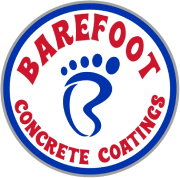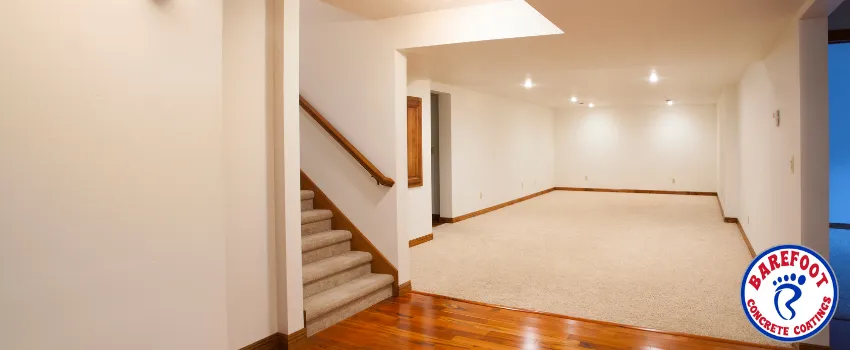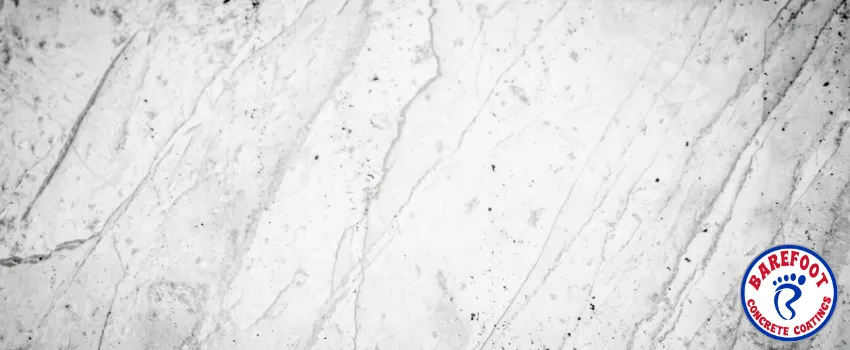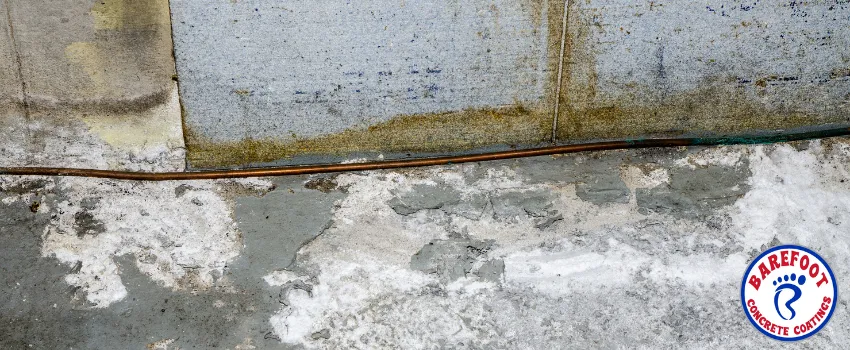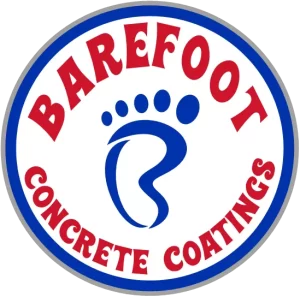While every home is considered unique in some ways, there are several issues that are remarkably common in all of them. One of these is the occurrence of cracks on the floor. These fissures may manifest in various home areas, but cracks on the basement flooring are often problematic as they could be signs of problems with the foundation.
Fortunately, the majority of basement floor cracks may not necessitate immediate repair. However, some of these can permit the ingress of water, moisture, and hazardous soil gasses, so you will need to determine whether they warrant remediation.
Types of Basement Flooring
Before we discuss why chemicals are harmful to your flooring, let’s first classify the types of basement floors usually used in homes and offices:
1. Concrete
Concrete flooring is the most common choice for basements due to its durability and moisture resistance properties. It is a solid and versatile surface but can be cold at times and may require area rugs to provide comfort.
2. Vinyl
This is among the most cost-effective and resilient flooring options for basements. Vinyl is available in various styles, including planks and tiles, offering a wide range of design possibilities. It is also moisture-resistant, making it suitable for damp basement environments.
3. Laminated
Laminated flooring mimics the look of hardwood and tiles but is more affordable and easier to maintain. While it’s not as moisture-resistant as vinyl, some laminates come with water-resistant coatings, making them suitable for basements with controlled moisture levels.
4. Tile
Tiles come in either ceramic or porcelain and are durable and waterproof choices for basement floors. They are easy to clean and come in numerous designs, allowing for easy maintenance and decorative basement spaces. However, tiles require proper installation and sealing to prevent moisture infiltration.
What are the pollutants in the basement?
When maintaining your flooring, the common pollutants that you’ll likely find in the basement may include:
1. Mold and Mildew
These are common household fungi that thrive in damp and dark environments like basements. They not only cause unsightly stains and odors but can also lead to respiratory issues if left alone.
2. Radon
Radon is a radioactive gas that can seep into basements through the soil, which can happen in regions with high radon levels. Prolonged exposure to the gas is known to produce carcinogens.
3. Volatile Organic Compounds
Also called VOCs, these chemicals can be emitted from household products, paints, solvents, and building materials. They can contribute to poor indoor air quality, leading to various health problems.
4. Carbon Monoxide
This colorless, odorless gas is often present in appliances that use combustion, such as furnaces or water heaters. Carbon monoxide can be lethal in high concentrations.
5. Dust and Allergens
Basements often accumulate dust, allergens, and pet dander due to low foot traffic and poor ventilation. These particles can exacerbate allergies and respiratory issues in susceptible individuals.
6. Pests
Basements can be a haven for pests like rats. Their presence in the area can introduce allergens and disease-carrying microorganisms, making pest control essential.
What are the common problems of basement floors?
Although basement floors are constructed to last, they are susceptible to wear and tear due to frequent foot traffic. Common challenges that may arise with your basement flooring over time may include:
1. Cracks
These can develop due to ground settling, temperature changes, and moisture fluctuations. Basement floor cracks can vary in size and, if left unattended, may lead to water infiltration.
2. Excessive Moisture
Basements are susceptible to moisture issues, and prolonged exposure can cause warping or staining of various flooring materials. In a worst-case scenario, water damage can occur.
3. Efflorescence
This occurs when white, powdery deposits form on the surface of concrete basement floors due to the movement of water vapor. While not inherently harmful, efflorescence can be unsightly and often indicates moisture damage in the basement.
4. Crumbling or Chipping
These are common in old basements, where concrete floors begin to deteriorate. This can compromise the structural integrity of the area and create an uneven surface.
5. Floor Stains
Stains are often the result of spills, leaks, or chemical exposure. They can be difficult to remove and may mar the appearance of the basement flooring.
6. Uneven Surface
Basement floors may develop uneven surfaces over time due to ground settling or other structural issues. When this happens, it can become challenging to maintain certain types of flooring in the area.
7. Cracked Tile Grout
This can happen if tiles were used for the basement floor. The grout between the tiles can crack or become discolored, which may need to be repaired or replaced to maintain the floor’s aesthetics and integrity.
What chemicals can harm my basement floor?
When addressing issues and performing maintenance on your basement floor, it’s crucial to steer clear of the following chemicals, as they can cause damage to your flooring:
1. Harsh Acids
Strong acidic chemicals like muriatic acid should not be used when cleaning or etching concrete floors. These can corrode the surface, weaken the concrete, and lead to long-term damage.
2. Bleach
While bleach can be effective for mold and mildew removal on some surfaces, it’s unsuitable for basement floors. This is because it can weaken and discolor concrete and may not effectively eliminate mold embedded in porous surfaces.
3. Solvents
Solvents can be problematic for basement floors, especially those made from concrete as they can leave unsightly stains. They also contain VOCs, which affect the quality of your indoor air.
4. Ammonia
Ammonia-based cleaning solutions can harm the finish of certain flooring materials like vinyl and laminate. It can also discolor and weaken grout in tile floors.
5. Excessive Water
While water is generally safe for cleaning basement floors, too much of it can lead to problems like efflorescence and mold growth. Given this, use water sparingly and ensure the area is properly dried after cleaning.
6. Mixed Chemicals
If you will use these for floor treatment, ensure that you follow the manufacturer’s instructions strictly. Improper application of mixed chemicals can lead to subpar results or even damage.
Key Takeaway
When it comes to the basement, a common concern of homeowners is the type of flooring that will be installed. There are different types available, each one having its advantages and disadvantages. However, the final choice will often depend on factors such as the moisture level in the basement, the intended use, and aesthetic preferences.
Maintaining the basement floor is hardly a priority for most homeowners, leaving the place vulnerable to damage. The good news is that there are professional coating companies that can provide excellent basement floor coating services. Reaching out to these specialists will ensure the longevity and performance of your chosen basement flooring material.
Achieve stunning basement flooring that lasts with expert floor coating services from Barefoot Concrete Coatings!
Basements often go unnoticed, resulting in neglected flooring that can lead to expensive damage. Barefoot Concrete Coatings offers professional floor coating services to prevent such issues proactively. Choose our basement floor coating in Lehi, UT today, and we guarantee that you’ll be amazed at the results. Call us now!

